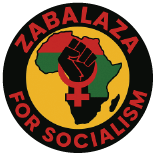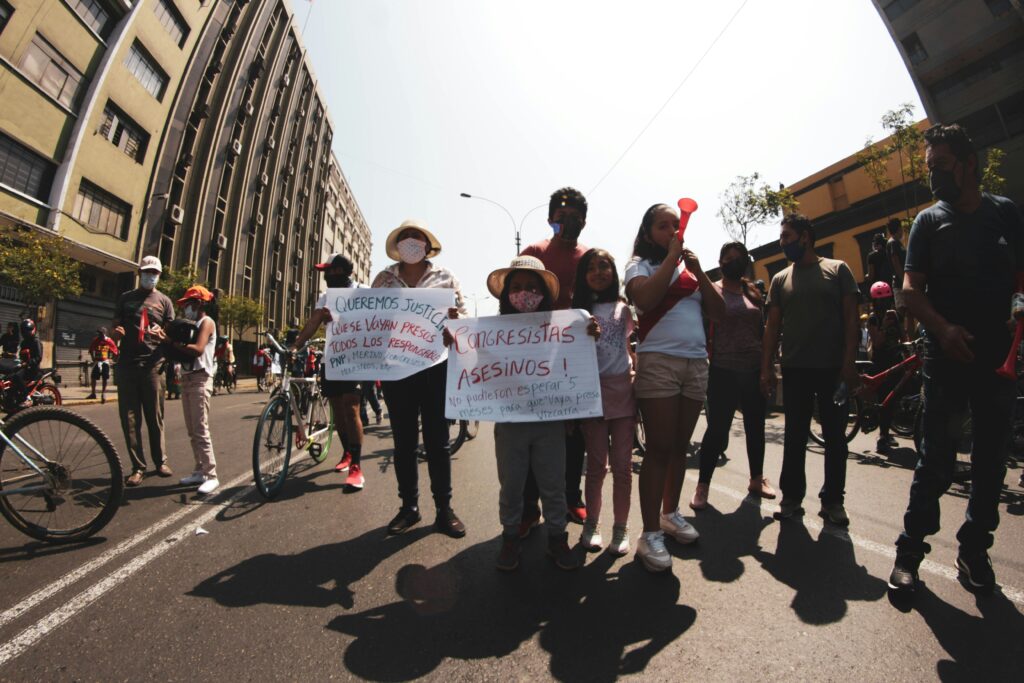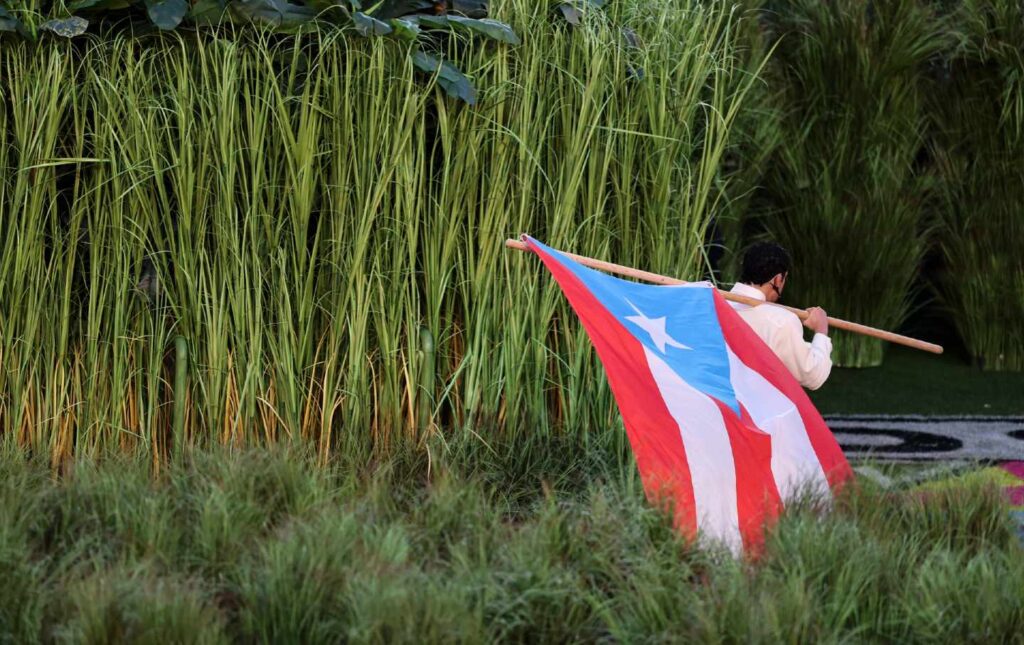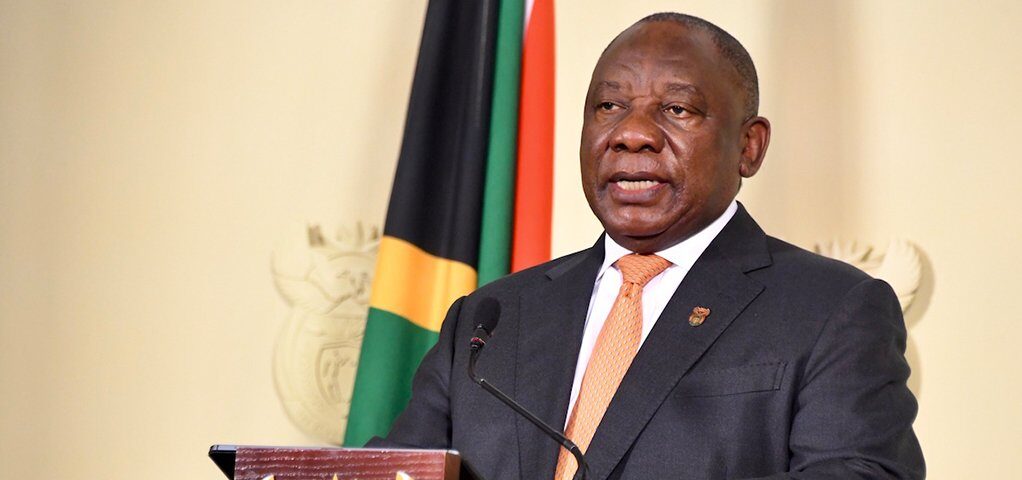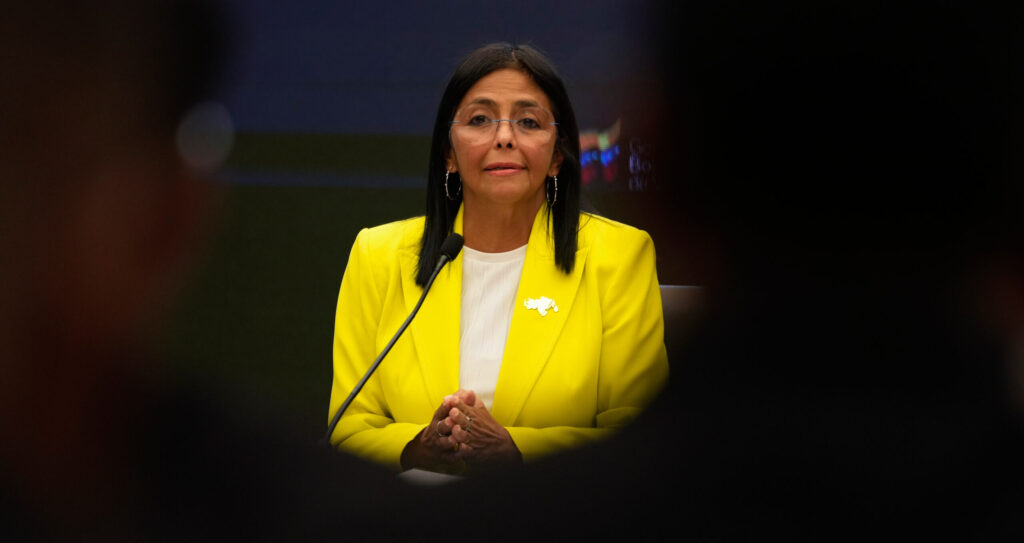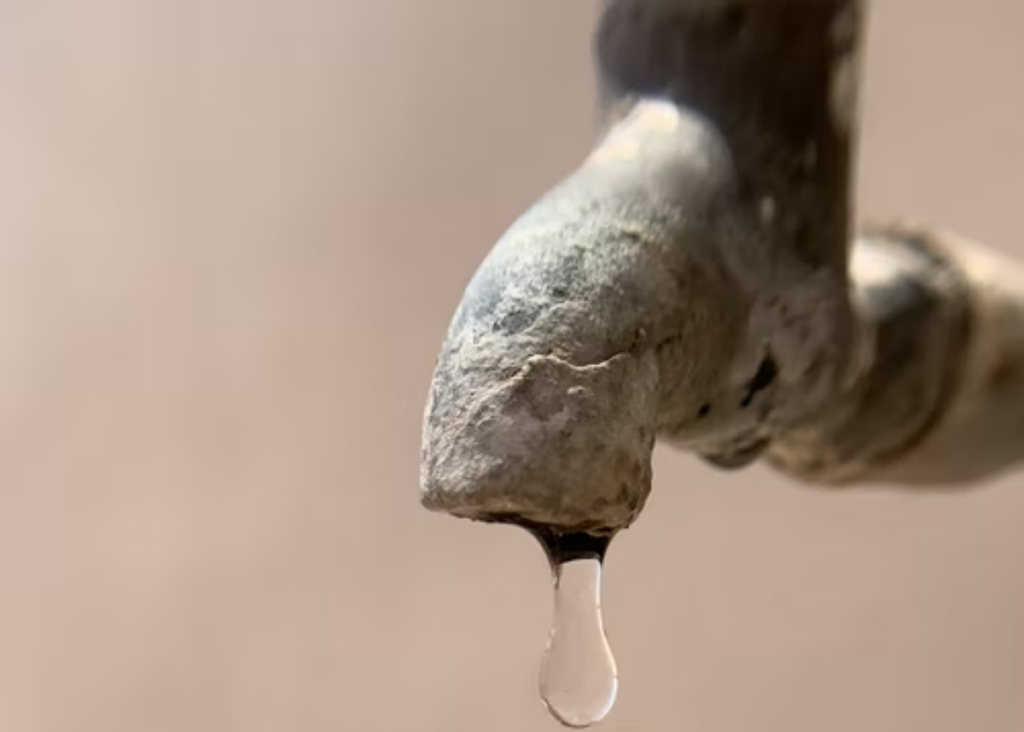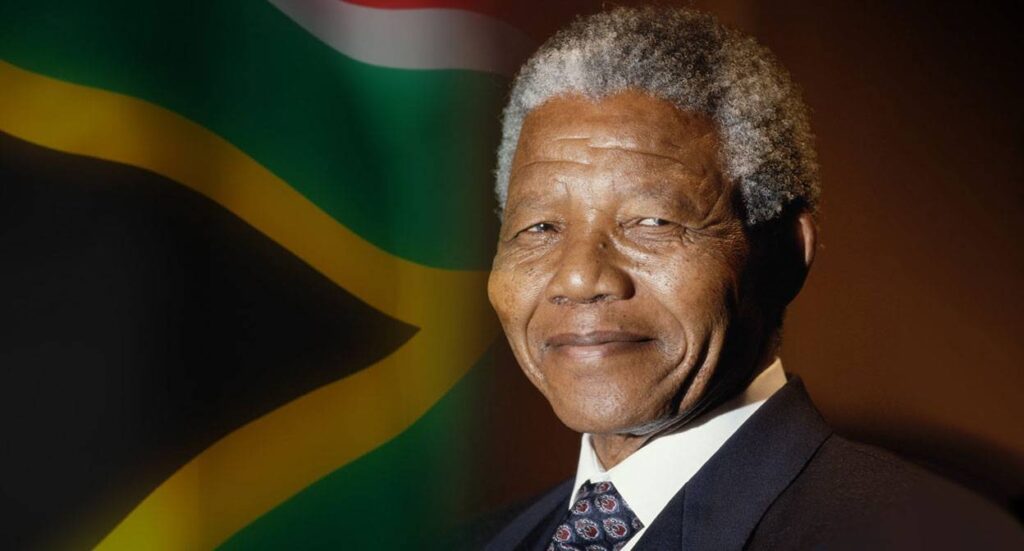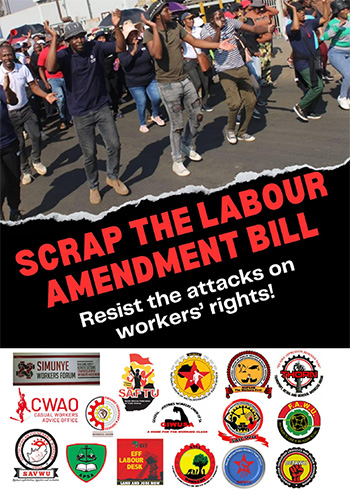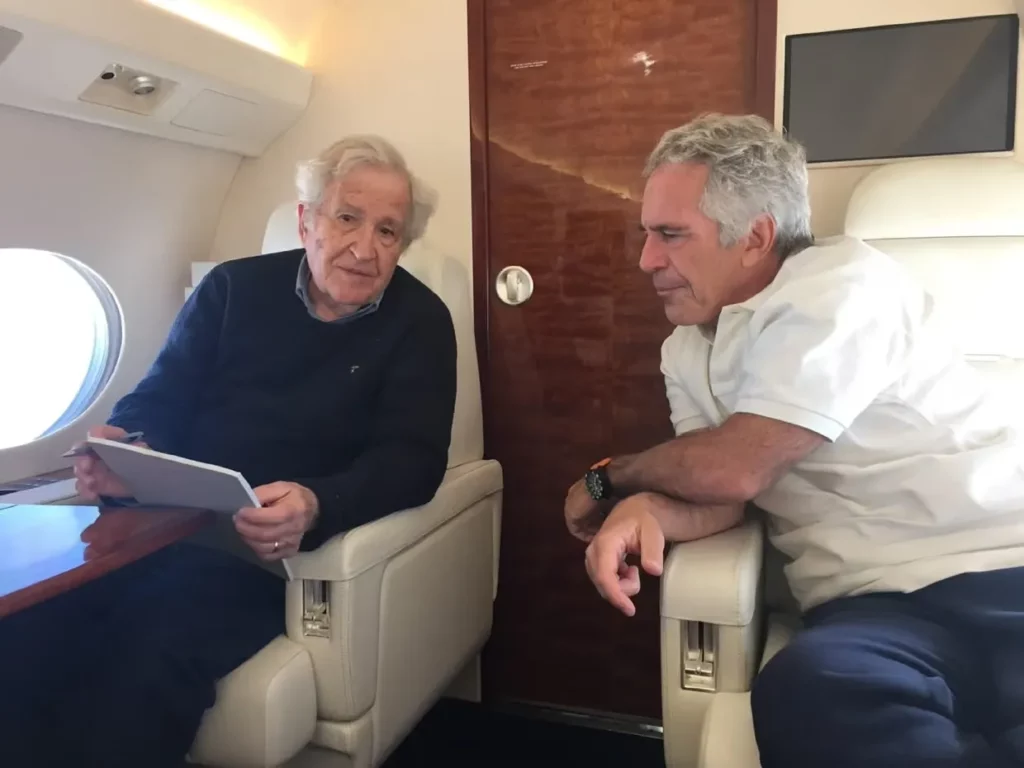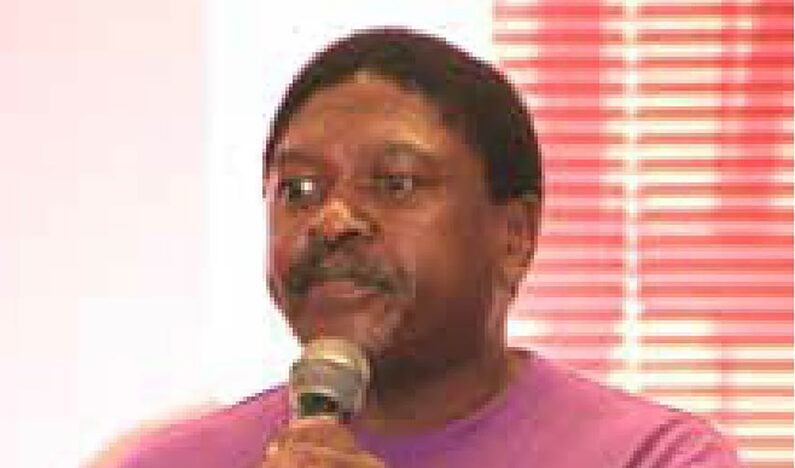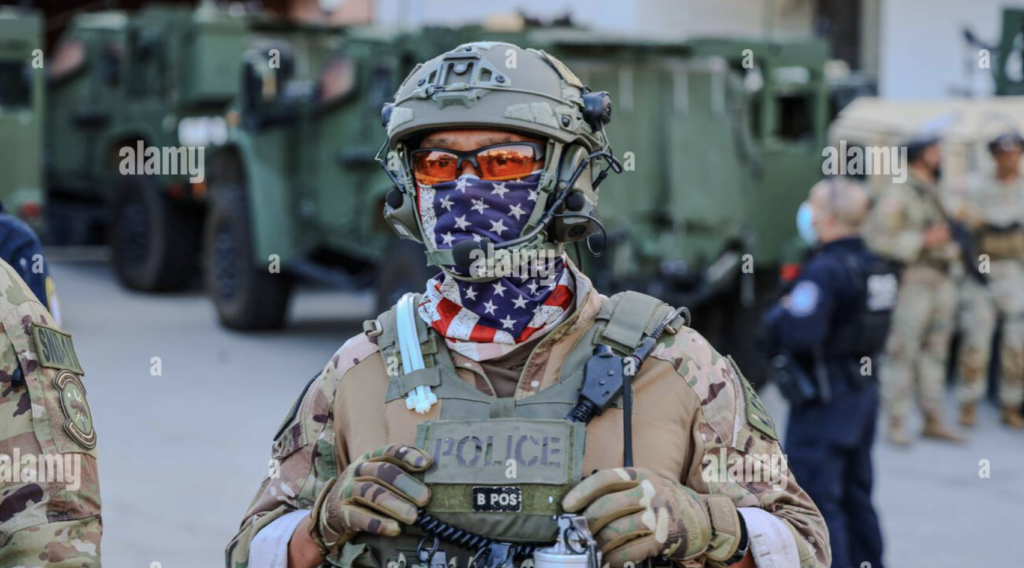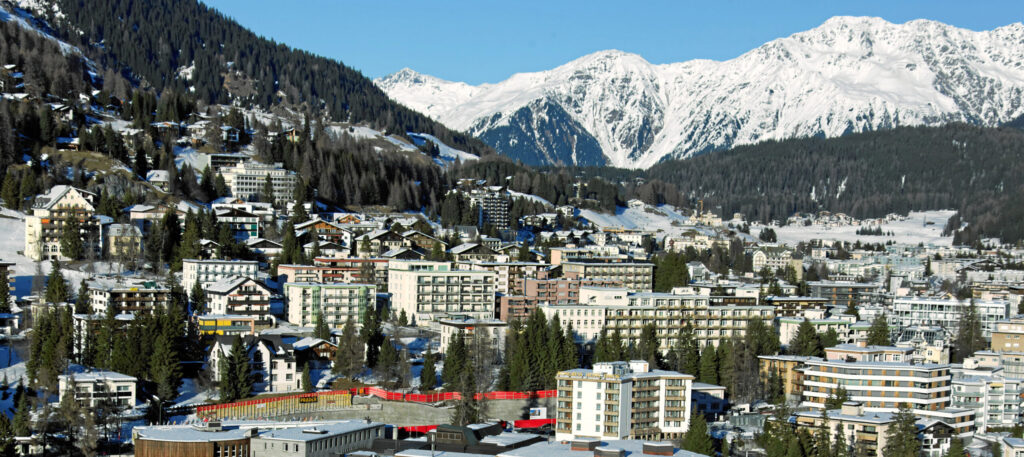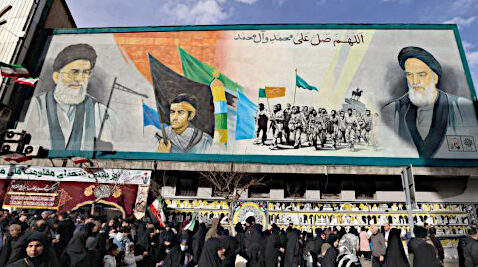Introduction
The number of mostly spontaneous mass protests in Africa has grown exponentially since the start of the 2010s and yet, it still has not registered in many decisionmakers’ minds that a sea change is afoot in our political economy. Africa has the youngest population in the world. A rapid acceleration of quality service delivery is required to make Africans unite behind some kind of social contract and yet, nowhere is there any sign of the urgency that is required. This explains the growing anger that wee see in the population.
Recently, there were service delivery protests in Morocco and Madagascar. In both cases, they were led by Gen Zs demanding jobs, public sector reforms, stricter anti-corruption measures and access to electricity. Before that, the last 24 months were characterised by major unrest elsewhere on the continent:
- In July 2025, thousands of Angolans took to the streets to protest rising cost of living after the fuel levy was raised. Thousands of shops were looted around the country, more than 8 people were killed and another 1000 were arrested;
- Following the 9 October 2024 elections which pitted FRELIMO’s Daniel Chapo against the PODEMOS flagbearer Venâncio Mondlane, many Mozambicans, most of them young, took to the streets to demand that the latter candidate be declared the winner of the elections. Over 100 people died in the violence that ensued.
- In June 2025 Kenyan Gen Z’s took to the streets with chants of “Ruto must go” after the President sent a tax bill to parliament that would have worsened cost of living in the country. The youth were also protesting corruption (with the signing over of Nairobi airport management to the Andani group) and austerity. A BBC exposé recently revealed that snipers were used to kill some protesters.
So in under sixteen months, we have witnessed major protest action in five countries. If we expand that time window by another half decade or so, we also have:
- The 2021 South African Unrest;
- The End SARS of October 2020 in Nigeria;
- The Ras Bath-led mass movements in Mali in 2016 and 2018; and
- The Burkinabè youth’s mass protests in 2014.
That is a long list. I have not even mentioned Cameroon, Togo, Guinea, Guinea Bissau and Uganda. Here is where it gets worse: during that period, protesters stormed parliament (on 30 October 2014 in Burkina Fasoand on June 25 2024 in Kenya). In both instances, the parliaments were set on fire. Elsewhere, the youth of Mali, Burkina Faso and Niger have rejected democracy in favour of Kagame-style developmentalism.
To be sure, Covid has something to do with some of the unrest, but not to the extent that we think. After the Covid pandemic, inflation has certainly gone up in most parts of the continent, something that either brought down many incumbents (Lazarus Chakwera, George Weah, Mokgweetsi Masisi, Pravind Jugnauth, Wavel Ramkalawan) or eroded their win margins (Cyril Ramaphosa, Daniel Chapo, Netumbo Nandi-Ndaitwah).
The bigger crisis boils down to this: sluggish or non-existent service delivery is colliding with demographic growth. Africa’s population is very young and the sheer size means that if service delivery does not pick up very quickly, many countries are going to burn. Without universal basic infrastructure (roads, internet, hospital, water, electricity, quality education, access to government services, schools, ease of starting a business, etc.) more literal and figurative guillotines shall continue popping up everywhere in Africa in the late 2020s and beyond. There were less than 300 million people in Africa in 1960 when most country gained independence and so, we can say that the continent was, for all intents and purposes, empty. Slavery and colonialism had wiped out entire communities. Only a handful of metropolises with more than one million people existed, in South Africa, Congo, Nigeria, Dakar and North Africa. Whereas less than 15% of the continent’s population was urban in 1960, today over 45% of Africans live in cities, and there are 1.56 billion people on the continent. You can see where this is going: in a city you are cut off from the land and the spider network of support systems that valued you as a person and provided all your needs. There are no farms, no fruit trees, no commons (land, water, plants). Like the Swiss political philosopher Jean-Jacques Rousseau once said: “Quand les pauvres n’auront plus rien à manger, ils mangeront les riches!” (When the people shall have nothing more to eat, they will eat the rich). In such contexts, governments need to be efficient in the provision of the most essential services. The job market, markets in general, and social life should offer enough opportunities for people to meet their needs.
That is not happening. The only way to describe youth unemployment in Africa right now is dangerous and unsustainable. Youth unemployment currently sits at 62% in Senegal, 53% in Nigeria, 46.1% in South Africa, 40% in Cameroon. It is virtually the same picture everywhere else.
The first wave of widespread unrest in Africa’s modern history happened after the fall of the Berlin wall, the corollary of which was the collapse of the East-West conflict and countries aligned with the East losing their biggest donors and backers. That wave of anger in many growing cities was ended with massive IMF loans and negotiated settlements within national conference platforms. After that, and like one of Africa’s foremost political philosophers, Claude Aké, put it, African leaders who lost their legitimacy at that time sharpened the tools of oppression and domination. They learned to organise elections and never lose. He wrote: The foundation upon which Africa’s democracy movement is based is the bitter disappointment of independence and post-independence plans-the development project being a prime example. Poor leadership and structural constraints have turned the high expectations of the independence movement into painful disappointment, forcing many African leaders to rely more on coercion which has deepened their alienation.” We can see this for example in Mozambique where a rising fossil economy has caused the regime in power to become less tolerant and more repressive in the way that it controls power.
The Lusophone experience
The two Lusophone countries in southern Africa, i.e. Mozambique and Angola have had a strikingly similar history in recent years. After independence, both countries chose to pursue Marxist-Leninist policies and this opened the way for proxy wars funded by partners who wanted one or the other side to dominate. In Angola, it was MPLA against UNITA. While Agostino Neto’s regime turned to Russia and Cuba to fight off UNITA, the latter got help mainly from the USA and the apartheid regime in South Africa. In Mozambique, FRELIMO fought against Portuguese colonialism and later fought a civil war against Alfonso Marceta Dhlakama’s anti-communist RENAMO movement. Once again, RENAMO got support from the apartheid regime in Pretoria. Both Angola and Mozambique interacted with Portuguese for over 500 years before the independence wars started, and so the fight for independence was a lengthy and messy affair.
Now, given that both Angola and Mozambique started off as self-styled Marxist-Leninists, one would think that this would translate to participatory democracy and socialism after independence was won. In both countries, however, socialist policies had all but disappeared by the fall of the Berlin wall, and what has emerged is two autocratic systems where socialist slogans are chanted in meetings, but these sentiments exist nowhere on the ground. During the recent Liberation Movements Summit in august 2025, South African President Cyril Ramaphosa reminded the parties that there was a “disconnect between our founding narratives and the lived realities of a new generation of young people”. Similarly, former Mozambican President Joachim Chisano told leaders that their movements had deviated from what they once stood for, which is to serve the people. It is interesting to imagine what would have been going through the minds of the MPLA leaders’ minds at the summit, after they had spent the better part of a month blaming the July 20205 riots on…Russian agent provocateurs! The anger in Angola is certainly justified, given that massive corruption during the José Eduardo dos Santos years funneled a lot of state parastatal SONANGOL’s money into private bank accounts. During the boom years, there were direct flights from Luanda to New York and MPLA and SONANGOL officials lived, dressed and played like kinds while the rest of the country wallowed in poverty. Forbes Magazine named José Eduardo dos Santos’ eldest child, Isabel dos Santos, Africa’s first female billionaire in 2013, one year before she became the board chairperson of SONANGOL. However, as soon as dos Santos left power, his successor João Lourenço went after Isabel dos Santos and other former state officials for looting state coffers. International investigations seem to confirm that she did siphon millions of dollars from Angolan state coffers. Nicholas Shaxson’s Oil and Capital flight is an important read to get more on this topic.
Mozambique: the new Angola?
For many years, Mozambique has been considered one of the poorest countries in the world. However, the first leaders of FRELIMO, i.e. Eduardo Mondlane, Samora Machel and Joaquim Chissano instilled a culture of democracy in the country. The birth fo the modern Mozambican state was undoubtedly difficult. This is exemplified by the bread riots of 2008 when violence and looting spread around the country after a proposal was made to increase the price of fuel and basic necessities like bread. Although the government backed away from some of the price increases, there were indications that the culture of tolerance was slowly fading away.
At the same time, former struggle stalwarts were becoming more capitalist in inclination and adopting a posture of ‘it is our time to eat’. Former President Armando Guebuza’s soon was recently jailed for 12 years for is involvement in dissimulating US$2 billion of government spending.
The corruption has only increased after Anadarko Moçambique made significant finds of oil and gas off the coast of Cabo Delgado. The area is now home to three largest liquid natural gas (LNG) projects: the Mozambique LNG Project (Total, formerly Anadarko) worth $20bn, Coral FLNG Project (ENI and ExxonMobil) worth $4.7bn, and Rovuma LNG Project (ExxonMobil, ENI and CNPC) worth $30bn. After the oil finds, Mozambique obtained some international loans facilitated by then Finance Minister Manuel Chang. He was paid US$7 million for his role in the process.
While there has been euphoria about the US$4 billion that the LNG projects are going to pump into the Mozambican economy from 2030, the country is still dealing with major violence and poverty issues. Former RENAMO leader Alfonso Dhlakama threatened to restart his guerilla campaign due to the neglect that the north of the country had experienced after independence. A negotiated settlement resolved this argument. However, that was soon replaced by an Islamist insurgency in Cabo Delgado where Anardako Moçambique had made its finds. It took a coalition of Southern African Development Community and Rwandan forces to end the violence. TotalEnergies, which has bought out Anadarko is proposing to build a self-sustained town around the oil project.
Mozambique’s many issues have eroded the public’s faith in FRELIMO. In the 2024 elections, FRELIMO, which was replacing term-tied Filipe Nyusi did not expect that a lowly former Maputo Municipal Council member Venâncio Mondlane would provide a strong challenge to their candidate Daniel Chapo. However, Africa’s politics has changed and the new generation has no loyalty to liberation parties.
The proclamation of the results in Daniel Chapo’s favour launched weeks of violence in the country. International observers confirmed that the campaign had been marred by irregularities, which strengthened Venâncio Mondlane’s case. Mondlane’s has toured the West to try and get the international community on his side. However, with billions of petrodollars at play, it is clear n whose side the international community is on. Just like in Angola, the stability and relationships offered by liberation parties, plus of course the nebulous cast of shady characters who act as intermediaries between politicians and oil companies means that Mozambique’s opposition has a tough hill to climb.
I recently asked the head of an NGO in Mozambique what he made of all the promises of economic boom made by President Daniel Chapo after TotalEnergies resumed its activities. He told me that Mozambicans were not falling for it because similar promises were made about twenty years ago when the Ressano Garcia and Ematum projects were launched. He expected TotalEnergies and others to deliver a small well-to-do middle class, maybe some relief by way of gas bottles replacing biomass for cooking, and not much else.
Judging by what Angola has experienced since independence, he may have a point.
